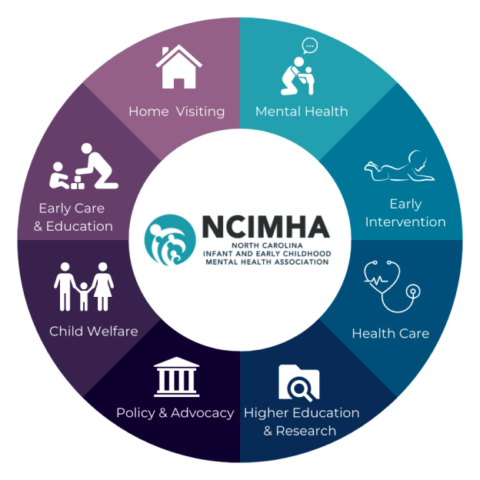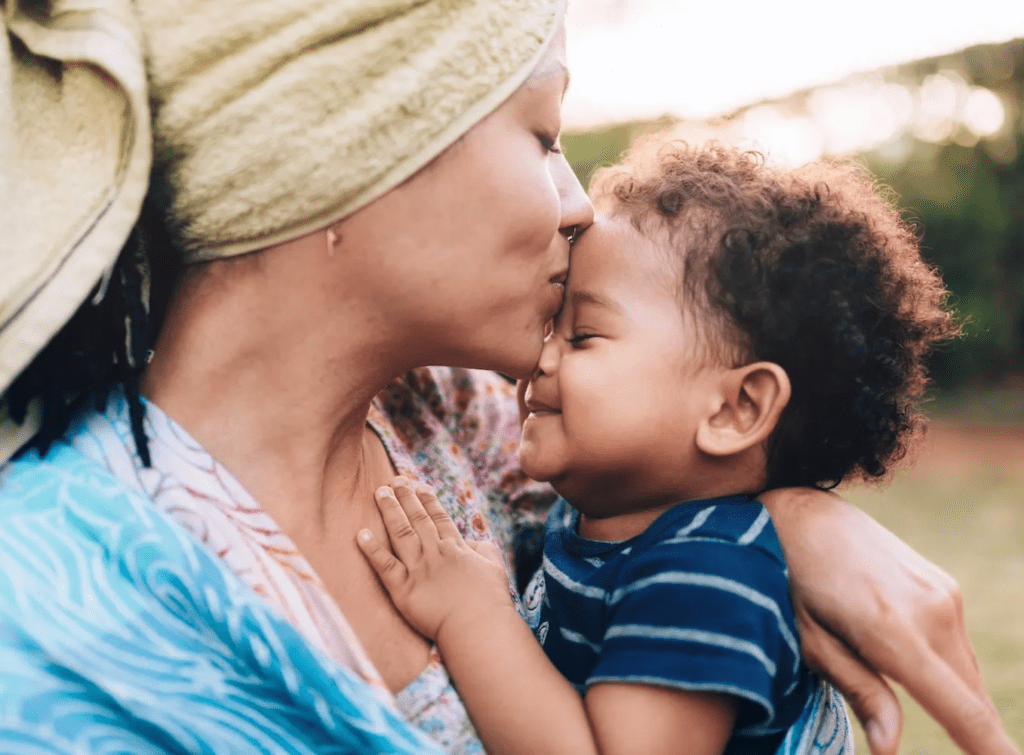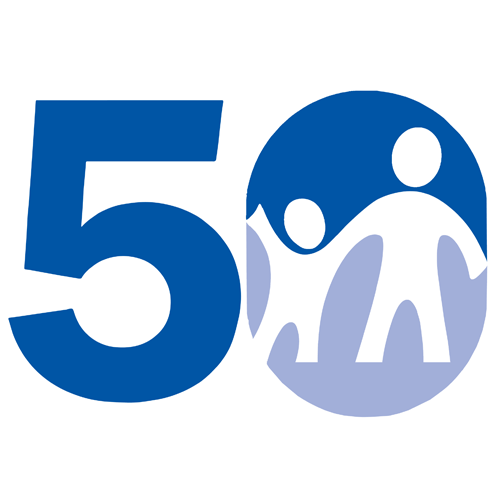According to the North Carolina Infant and Early Childhood Mental Health Association (NCIMHA), infant and early childhood mental health is the developing capacity of the child from birth to 5 years old
- to form close and secure adult and peer relationships;
- experience, manage, and express a full range of emotions; and
- explore the environment and learn
all in the context of family, community, and culture (Brunton, 2023). Shaped by cultural expectations and community resources, these skills are built in the early years within relationships with nurturing, consistent and responsive caregivers.
So what is NCIMHA? It is a statewide, interdisciplinary non-profit organization established to promote and support the optimal development of infants, toddlers, young children and families through relationship-focused workforce development and advocacy efforts.
The following excerpts are drawn from an NCIMHA article that explains the organization’s mission. You may find the full article here: “Endorsement is Good for Babies”

Babies’ early experiences & relationships shape how the brain is built and form the foundation for all future development. In order to support optimal early relational development, support for professional development initiatives in the infant, young child and family workforce is a crucial strategy. Providing services to vulnerable babies, young children and their families, particularly those facing chronic adversity, is challenging and requires a unique set of skills. In order to meet these demands, the workforce must have access to high quality in-service training, educational opportunities and reflective experiences that support their work. Acquiring and maintaining this level of professional development requires individual commitment and systems engagement (McCormick & Eidson, 2021).
Growing evidence indicates that endorsed professionals are better prepared to support the foundational early development of babies and young children in the context of their caregiving relationships. We know that babies and young children in particular benefit from having consistent and predictable relationships and this includes with infant, early childhood and family professionals. Retention of the workforce that serves our most vulnerable population is critically important. Endorsement® can play a significant role, using the requirements for specialized training and reflective supervision/consultation (RSC) to make progress toward a more culturally responsive, diverse, equitable and inclusive workforce (McCormick & Eidson, 2021).
Why should you become endorsed?
There are many personal and professional benefits to becoming endorsed. The list below includes only a few of these advantages. Endorsement:
- Enhances your professional credibility and your confidence in working with pregnant people, infants, young children and their families.
- Supports the provision of high quality, culturally informed, reflective, and relationship based services to pregnant people, infants, toddlers and their families across a variety of disciplines, systems, and early childhood workforce sectors.
- Provides assurance to families, agencies, employers and the public at large that the endorsed professional meets high standards of care.
- Signifies that professionals have attained a specified level of functioning and understanding about the promotion of IMH and relationship-based approaches.
- Supports professional development and career planning within an organized framework and creates a supported, competent, high quality workforce that is better equipped to create positive outcomes for the pregnant people, infants, toddlers and families they serve.
For more information about endorsement, please visit https://www.ncimha.org/
Brunton, R. (2023, June 29). ZERO TO THREE’s Infant and Early Childhood Mental Health (IECMH) Guiding Principles. ZERO TO THREE. www.zerotothree.org/resource/resource/zero-to-threes-infant-and-early-childhood-mental-health-iecmh-guiding-principles/.
McCormick, A. & Eidson, F. (2021, December). Endorsement is good for babies. http://www.ncimha.org/wp-content/uploads/2021/12/Endorsement-Is-Good-For-Babies-1.pdf




